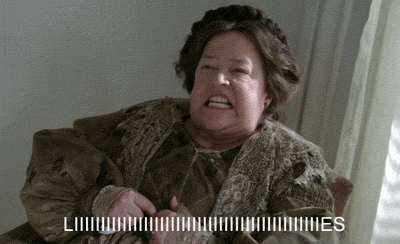Frozenprince
Banned
because i am a jaded spider and i think that kiss didn't quite cut it cuz it was implied and not outright shown
whatever the creator said outside the show, i wants an on-screen legit kiss for male characters dammit i wants this corbu, do not take it away from me, corbu, i wants it
but yes, it is much better than whatever else out there right now
It's still made for Japan, who's attitude towards gay people is... bad on it's best day.





